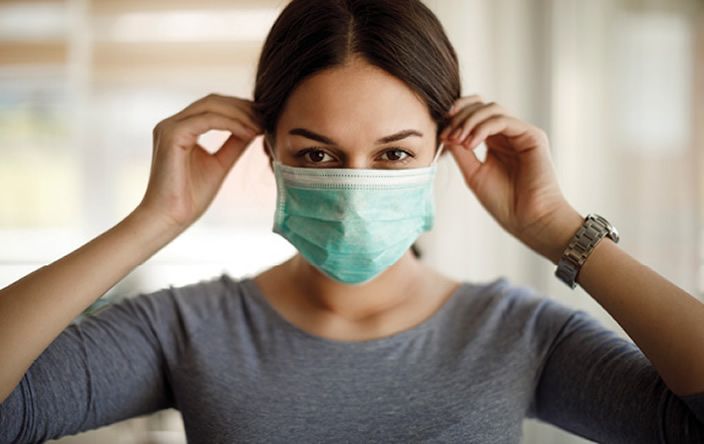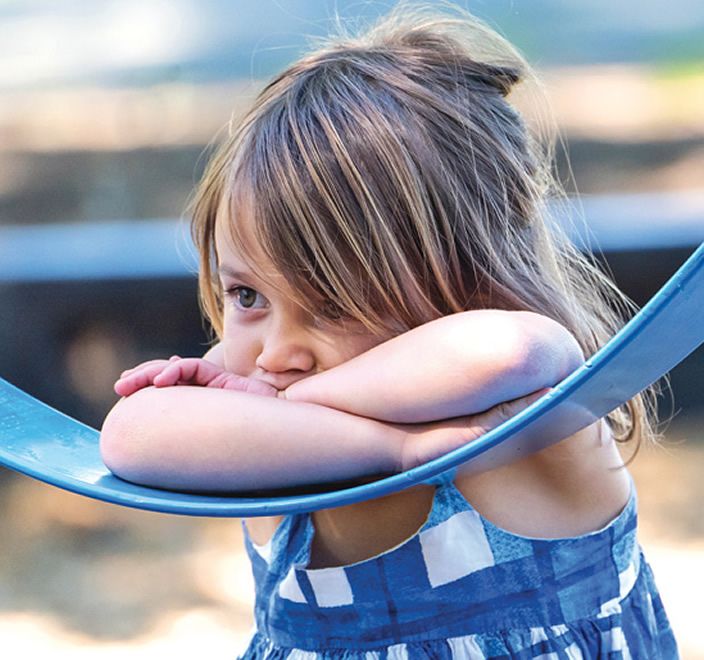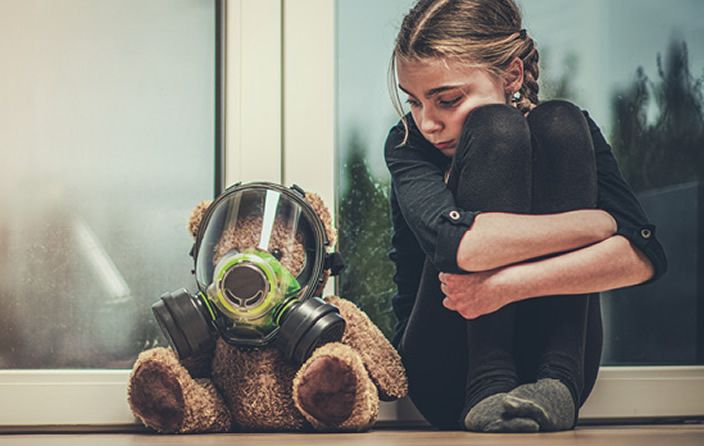
Top up funding providing much needed relief for kindys
The IEUA-QNT has been informed that kindergartens across Queensland should now be receiving their one-off “top up” funding in addition to the Queensland Kindergarten Funding Scheme (QKFS).
The one-off payment was announced by the Queensland Department of Education on 12 April 2020 and is intended to provide some financial relief to kindys during the COVID-19 pandemic.
Our union has had verbal advice from both C&K and Gowrie that, generally, kindergartens will receive about the same income from QKFS plus the support package as they would have received from QKFS and parent fees.
However, this is not the case for kindergartens that filled vacant spaces with younger aged children, as this cohort is not eligible for QKFS.
Overall, this is a good outcome for the early childhood education sector in Queensland and will greatly minimise any lost revenue from fees in Term 2.
This was the result of significant advocacy from our union to the Department of Education together with central governing bodies.










































































































































